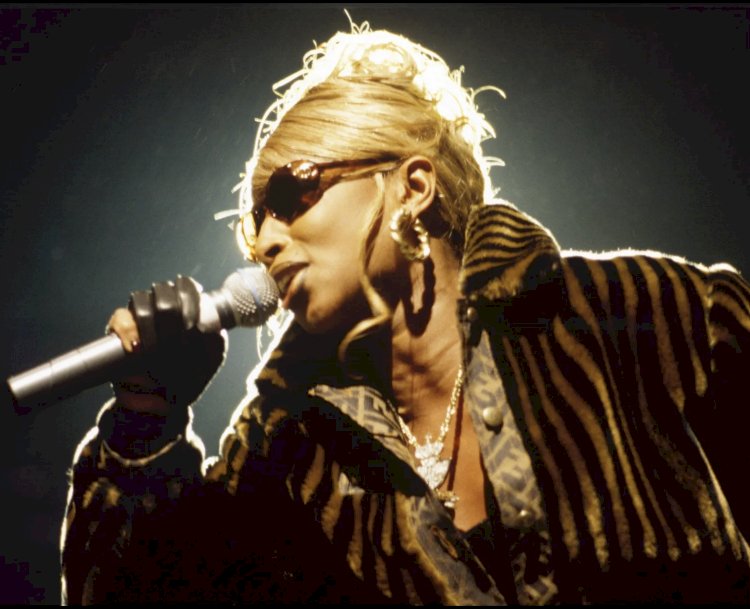MARY J BLIGE REFLECTS ON A GOLDEN AGE CAREER
The singer’s docuseties reflects on her long and exciting career

With 13 albums, 9 Grammy awards, and millions of records sold, Mary J. Blige has more than earned the title the “Queen of Hip-Hop Soul.” But the new documentary "My Life" shows that the superstar’s journey to the top hasn’t been without its struggles.
The documentary, directed by Vanessa Roth, looks back on one of Blige’s most famous albums, 1994’s My Life, which remains not only one of her most personal and raw album to date—touching on her experiences in an abusive relationship, struggles with addiction, and more—but also effectively changed the course of hip-hop and soul music.
Raised by a single mother, Blige longed to pursue music, but she found that the housing projects she lived in made it tough to dream big. “With families in the projects, it’s like a prison inside of a prison inside of a prison,” says Blige. “It’s people hurting people hurting each other… I carried people’s pain, and I carried my own pain.” Singing, she says, was her escape from it all. “Singing made me forget that we were struggling so much.”
More than 25 years after her first release, Blige says she’s finally found the happiness she was searching for on My Life. She thanks her fans for helping her get there. “We’re healing each other; we’re always sending energy back and forth that’s helping us to grow,” she says. “I’m not going to let anyone take away my strength or my joy again.” She hopes to continue making music that resonates. “I just want people to know that, when you think you’re alone, you’re not alone,” she says. “We soldiers out here.”
You Can Also Read














